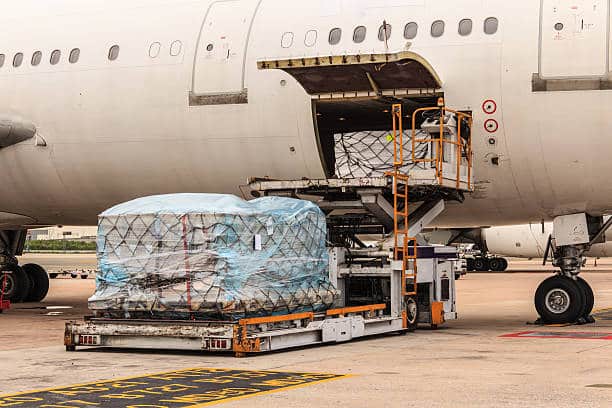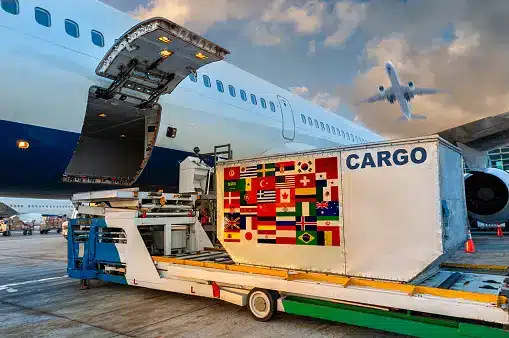
Global demand for air cargo and freight rebounded in 2023 – and could benefit from the ongoing unrest in the Red Sea – according to the International Air Transport Association (IATA).
Demand was down by only 1.9% versus 2022 and down 3.6% versus pre-Covid 2019. December saw an exceptionally strong performance, with demand for the month up nearly 11% year-on-year.

IATA director general Willie Walsh said: “Despite political and economic challenges, 2023 saw air cargo markets regain ground lost in 2022 after the extraordinary COVID peak in 2021. Although full year demand was shy of pre-COVID levels by 3.6%, the significant strengthening in the last quarter is a sign that markets are stabilizing towards more normal demand patterns. That puts the industry on very solid ground for success in 2024. But with continued, and in some cases intensifying, instability in geopolitics and economic forces, little should be taken for granted in the months ahead.”

Furthermore, Mr Walsh said the unrest in the Middle East and Red Sea shipping lanes could benefit air cargo demand.
According to IATA, the disruption to shipping lines in the Red Sea has resulted in the following:
- a 1% increase in global air cargo demand coupled with a 5% rise in yields;
- in the Asia-Pacific region, demand grew by 2% and yields by 6%;
- a 1% increase in demand between China and the rest of the world and an 11% increase in yields;
- Europe’s demand remained steady, but yields increased by 3%;
- in the Middle East, demand was constant with a 4% rise in yields.
Mr Walsh said: “The recent disruption to maritime routes in the Red Sea has seen some shippers pivot to air cargo. The increased demand saw a spike in air cargo yields on related trade lanes. A similar spike is expected in January as disruptions intensified. While not all cargo is suitable for air transport, it is a vital option for some of the most urgent shipments in extraordinary circumstances. And that is critical to the continuity of the global economy.”




